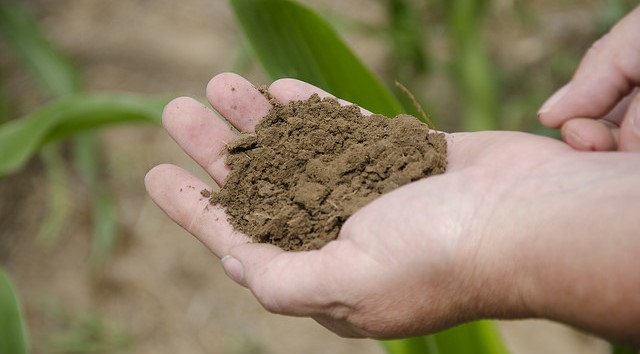Manaaki Whenua – Landcare Research, the Crown Research Institute established for New Zealand’s land environment and biodiversity, has published an update on a research programme, ‘Soil health and resilience: Oneone ora tangata ora’, which was outlined in issue 2 of Pūtaiao in May 2020.
The research explored how the current conventional knowledge of soil health, mainly based on soil chemistry and physical properties, can be made more meaningful by developing a broader understanding of the social and cultural values and perspectives people hold about soils.
This week the CRI reported:
Since then, further progress has been made to understand soil health by using a wider focus on values and well-being, along with an in-depth understanding of Te Ao Māori (Māori worldview) concepts of soil health. This work has been encapsulated in a recent journal paper in Sustainability, written by Dr Dean Stronge and others in Manaaki Whenua’s soil health team.
The paper describes a shift in thinking, moving away from a conventional, utilitarian soil science view that defines soil health in terms of increases in yield, to one that is much broader and holistic, as shown in the diagram. The more recent emphasis in soil science on ecosystem services and sustainable use is welcomed, but these still largely concentrate on the biochemical and physical aspects of soil systems, such as carbon sequestration and buffering, and their filtering capacity.
A new approach is recommended by the Oneone ora programme – to broaden the soil health ecosystem focus to one informed by values and well-being, emphasising both natural science and societal insights that include a long-term vision of sustainable use of our land and soil.
To this end, the programme has devised a framework for future policy- making that draws on elements of the current research into social well-being, as recognised by the Aotearoa New Zealand Treasury’s Living Standards Framework (the top half of the diagram opposite). The framework is based on the core values people hold about soil and soil health (the lower half of the diagram opposite).
An essential perspective in New Zealand is the inclusion of indigenous values and knowledge systems. Fundamental to indigenous knowledge is that people are an intrinsic part of the natural environment, and that the benefits and values people derive from nature are not just cultural but occur across all ecosystem services. Thus, for New Zealand, work into soil health should be inclusive of an indigenous Māori perspective of soil ecosystems and soil health derived from traditional beliefs, values, and concepts, based on mātauranga Māori (ancient/traditional, historical, and contemporary Maori knowledge), elucidating the values, uses, and aspirations Māori have for soils, and the practices they wish to follow aligned to their values (e.g. kaitiakitanga – guardianship of the natural environment; tikanga – values, customs, interventions).
Applying a well-being lens to soil health provides an innovative way of thinking about the long-term management of land and soil ecosystems. It will be important to determine how to bring this thinking into a policy domain, to ensure policies are designed to fulfil desired societal goals based on values, and that policies are sustainable, equitable, socially cohesive, resilient, manage risk and support economic growth and prosperity.
Link: A Well-Being Approach to Soil Health—Insights from Aotearoa New Zealand
Source: Manaaki Whenua – Landcare Research,












